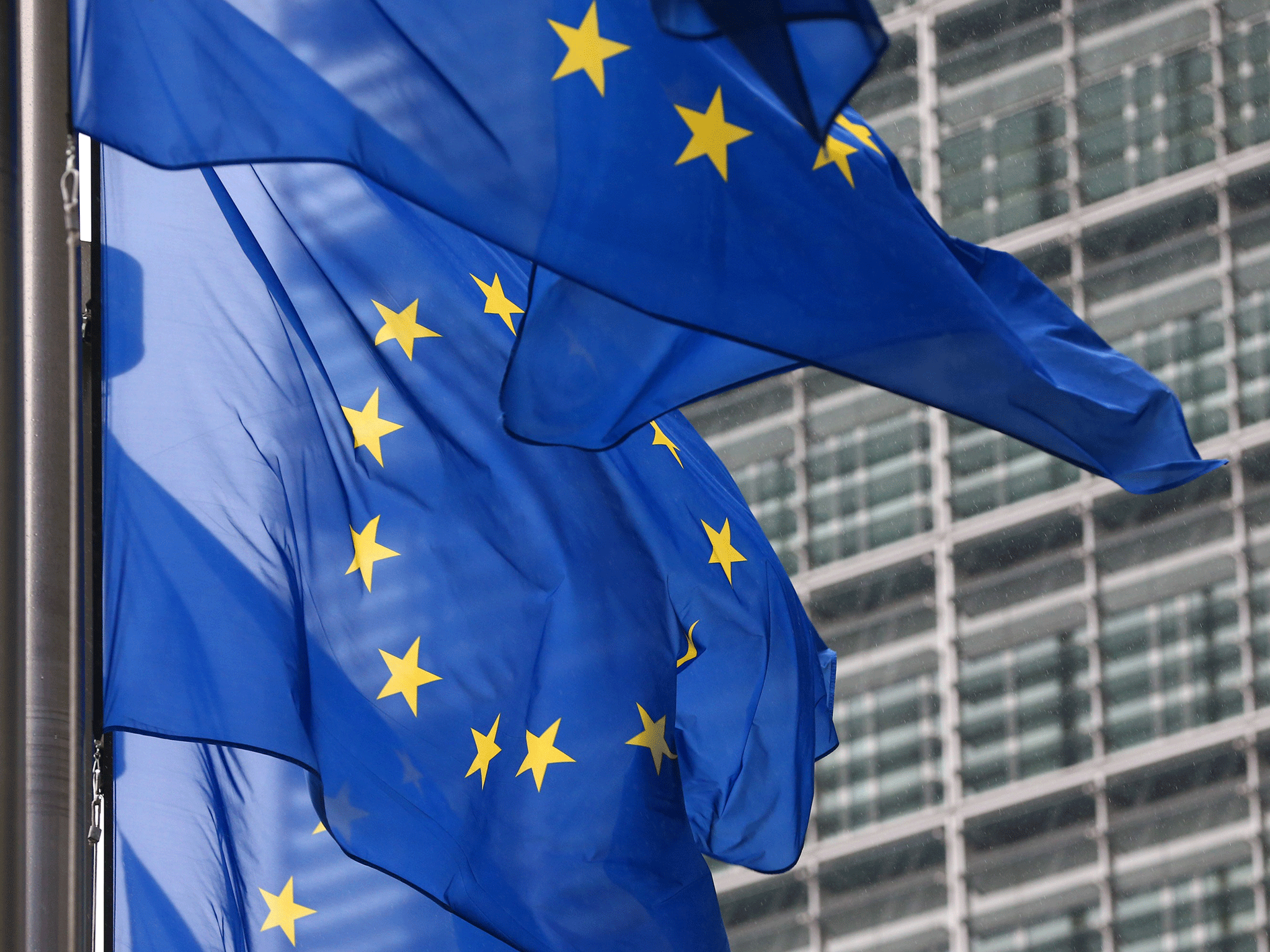Young Brits face a once-in-a-lifetime vote on Europe that could transform or destroy a generation
Young people want to stay in Europe – but will they vote for it?


Your support helps us to tell the story
From reproductive rights to climate change to Big Tech, The Independent is on the ground when the story is developing. Whether it's investigating the financials of Elon Musk's pro-Trump PAC or producing our latest documentary, 'The A Word', which shines a light on the American women fighting for reproductive rights, we know how important it is to parse out the facts from the messaging.
At such a critical moment in US history, we need reporters on the ground. Your donation allows us to keep sending journalists to speak to both sides of the story.
The Independent is trusted by Americans across the entire political spectrum. And unlike many other quality news outlets, we choose not to lock Americans out of our reporting and analysis with paywalls. We believe quality journalism should be available to everyone, paid for by those who can afford it.
Your support makes all the difference.A cloud hangs over the future of Britain’s young people. Are we in or out of Europe?
Given that a majority of those aged under 40 view the EU as a good thing, their turnout will be crucial to a Yes vote in any forthcoming European referendum. Yet despite their support for the union, growing alienation from politics altogether risks this not translating into votes at a ballot box. Those who are passionate about the benefits to Britain of being able to co-operate with other nations through the EU cannot be complacent. How can we get a new generation excited enough by the prospect of Europe to fight – and vote – for its future?
With justification for a union so tied to learning the lessons of Europe’s past, there is a danger we could forget its vital role in our shared future. Talk of Europe and our relationship with those countries across the English channel has become synonymous with Tory rebellions and straight bananas.
This masks a deeper problem for today’s progressives. A union created as part of a commitment to end conflict on our continents does not speak to those for whom the Second World War was more than a lifetime ago. This is a generation for whom the greatest threats – economic, social, physical – appear to have little concern for national borders or traditional political institutions. Terrorism, cyber security or environmental degradation are not confined to any one nation, so we must not neglect our responsibility to act.
More on this:
Greece crisis: Referendum exposes a gaping hole at the heart of the European Union
Young people are less willing to accept extremist religious views, but they are ignoring a greater danger to democracy
In a similar way, the opportunities of trade and innovation are best realised in partnership, not isolation. As David Cameron hurtles towards a showdown with both his European counterparts (and his backbenchers) we must not let his antics define what it this union offers our country or our future.
In my lifetime, it has been Labour governments working with our European neighbours that have made the most progressive changes – whether on rights at work, international development or climate change. Winning the argument for how the EU can shape a better future for us all can best be done not through a history primer, but a rallying cry for a modern solidarity that builds bridges between nations.
This is less an argument for institutions in themselves, more for the benefits of pooling our resources. Collaboration offers the best hope of resolving the challenges any one country may face in a world where no threat or opportunity may be isolated.
When faced with a once-in-a-lifetime vote that could either transform or destroy a generation, we cannot afford to wait either for this debate to be had or for people to come to us. This is the new politics for a new era – one rooted in movements of people bound not by a membership card but a common cause.
That does not mean that Labour as a political entity has no role to play, but that our leadership on this issue must reach out beyond the confines of narrow party association. When so many question political activism in itself as a force for good, and instead pour their hearts and souls into social campaigns, to do otherwise could pull our punches.
Rather than being frustrated by the move of those under 40 towards engagement in social activism we should embrace it. Our mission must be to reach out now to those campaigning organisations and groups – be they around trade, aid or climate – who may disagree with us on the outcomes, yet agree on the concern that co-operation with others is the best way to make progress. If we do this together we can build a positive and powerful movement of both voices and votes for Yes whenever the referendum is called. There is no time to waste.
Stella Creasy, MP for Walthamstow, is running to become deputy leader of the Labour Party
Join our commenting forum
Join thought-provoking conversations, follow other Independent readers and see their replies
Comments